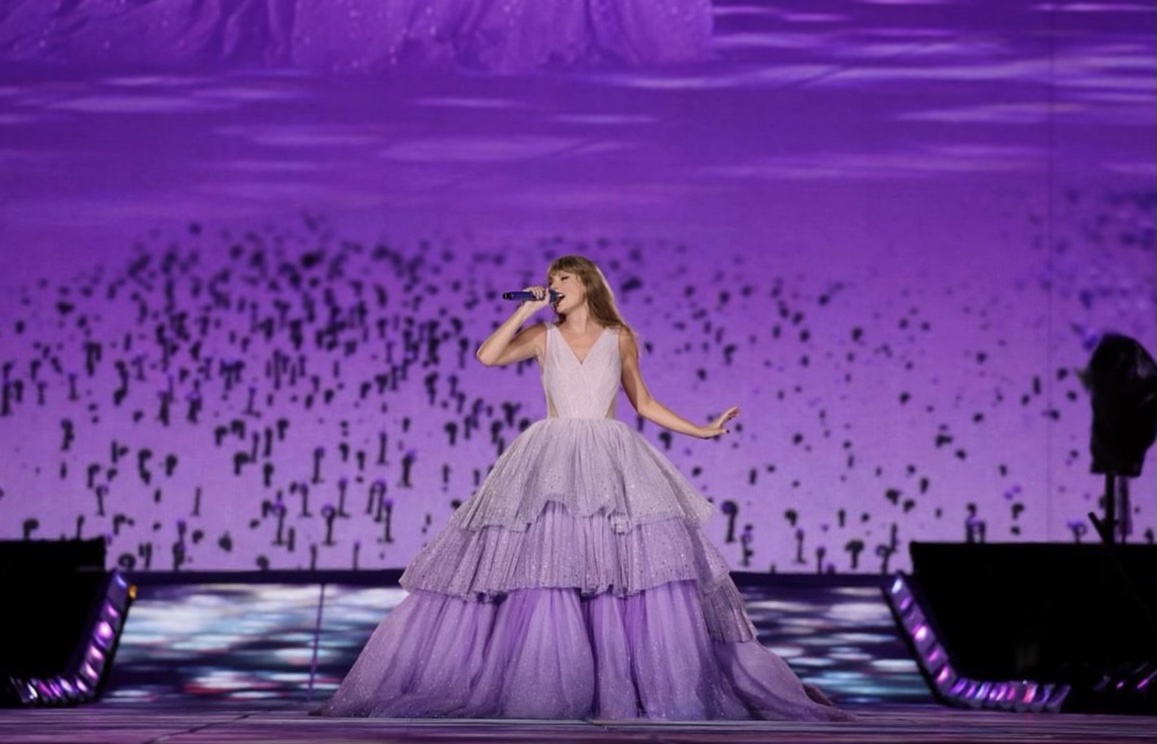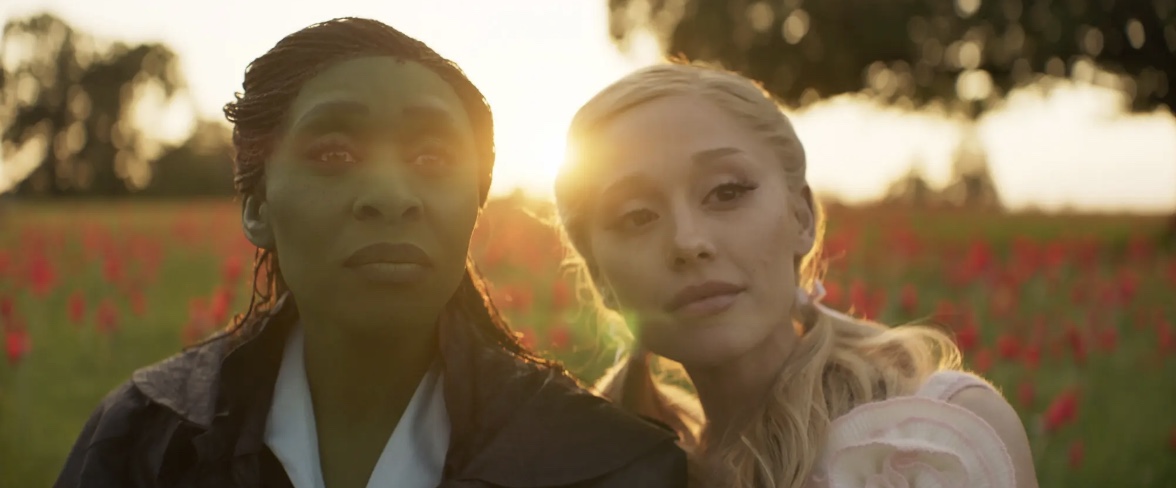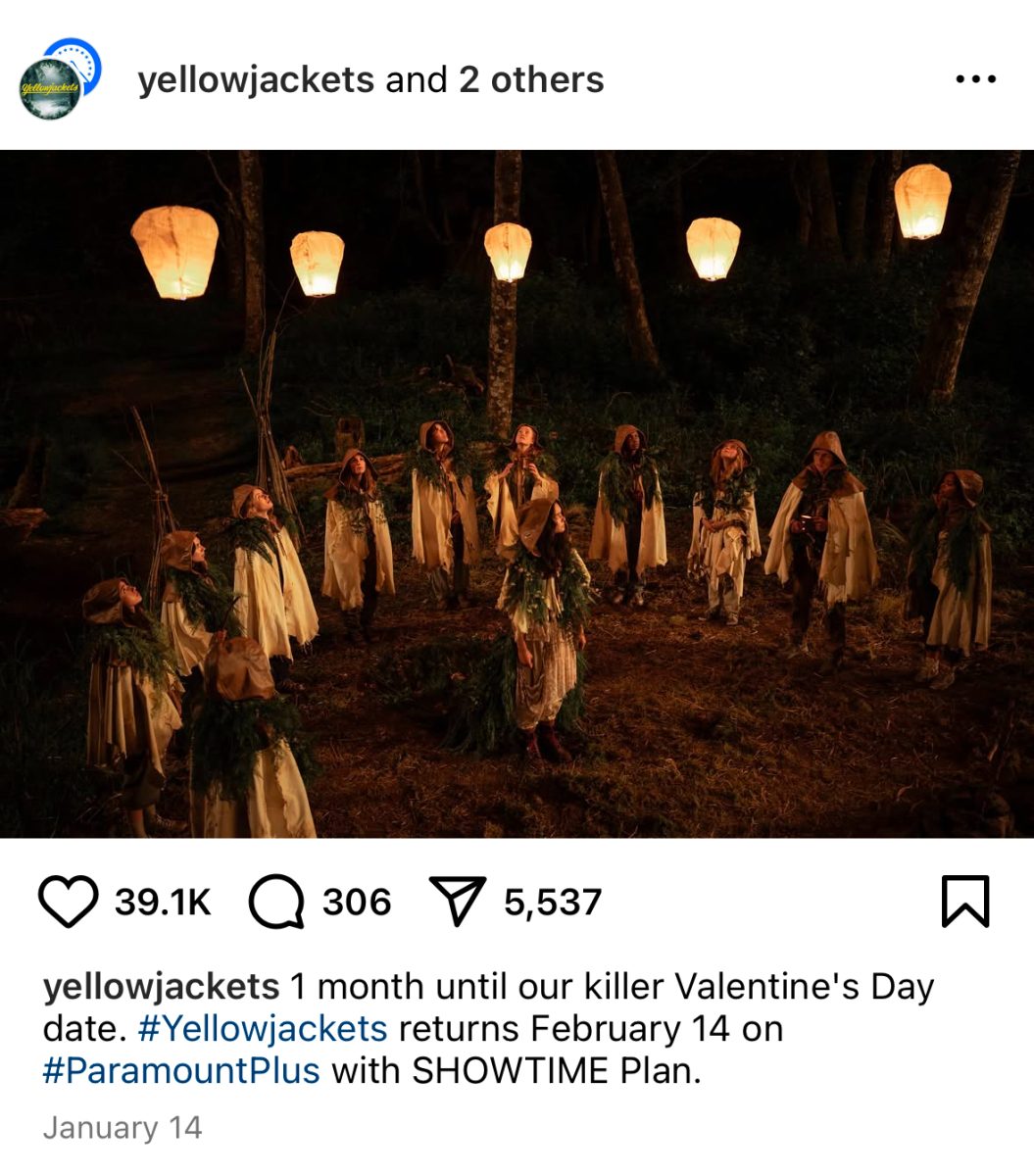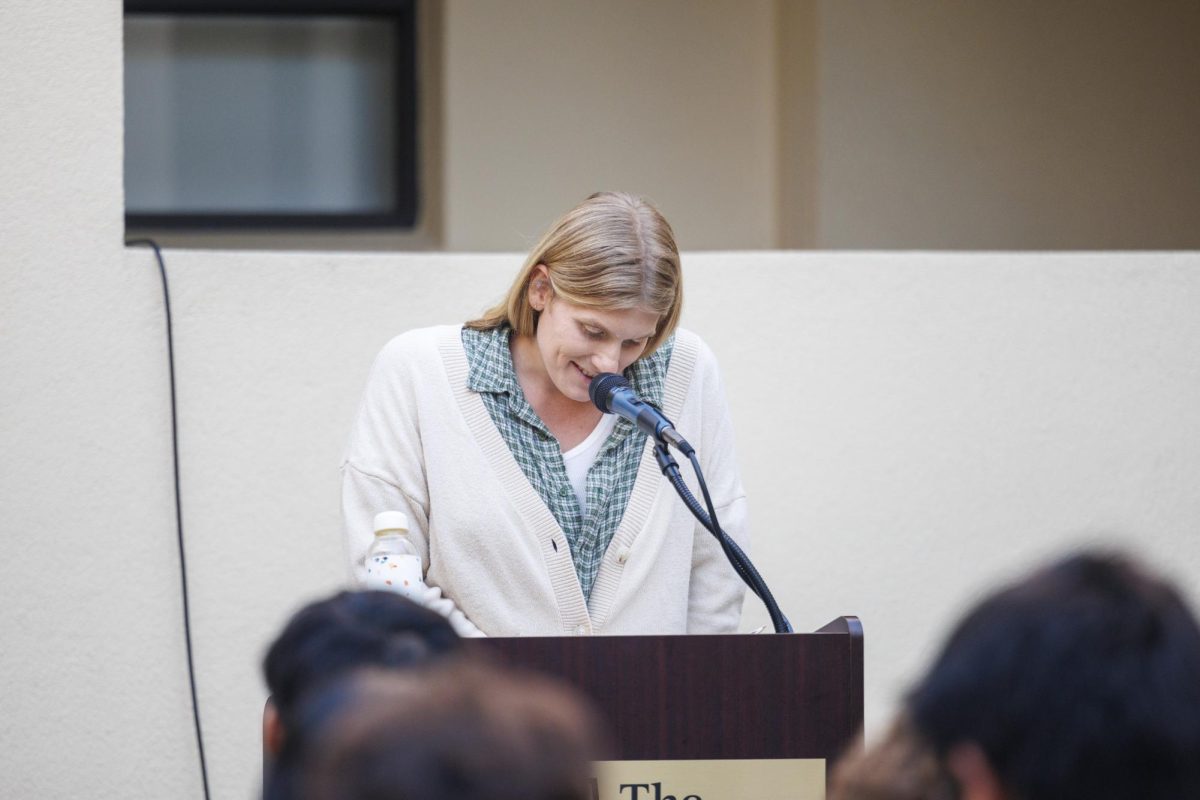In 2010, 20-year-old Taylor Swift announced her third record to the world.
“Hello, it’s Taylor. The next album will be out on October 25…What is it called? It’s called “Speak Now.””
And in 2023, she announced it again.
“It’s Taylor Swift. The next chapter begins on July 7, when ‘Speak Now (Taylor’s Version)’ comes out.”
This time around, the new album was more or less the same tracks as the original — except for one caveat. Swift re-recorded each and every song at age 32, for a simple but critical reason: to own her own music. Although “Speak Now (Taylor’s Version)” presents a more mature voice and less raw tone, it nevertheless manages to keep the sparkling spirit of its original version.
After her first six albums were sold to record producer Scooter Braun against her wishes in 2019, Swift began a journey that has lasted for years: the fight to get her master recordings (the original recordings of her songs) back. And despite the lengthy process, Swift has made incredible progress.
By re-recording her old albums, Swift gets to create new versions of the records that she owns — cleverly differentiated from their original versions with the phrase “Taylor’s Version” at the end of every song and album title.
Swift already re-recorded her second and fourth albums, “Fearless” and “Red,” in 2021. On July 7 of this year, she made huge progress with the release of the much anticipated “Speak Now (Taylor’s Version).” And so, the whimsical, fantastical, brutally but beautifully honest “Speak Now” of 2010 transported itself through the years and turned into a record of 2023.
Besides the obvious satisfaction of knowing that Swift now owns the masters to her own songs, the unique process of listening to re-recorded albums is almost like traveling back in time.
“Speak Now” is an album that makes you feel like dancing around the halls of a castle in a torn ball gown. Like magical fantasies, shattered fairytales, and fancy balls; like running down the street at 2 a.m. in gold heels with the pouring rain beating in the background. And most of all, as Swift’s first (and only) completely self-written record, “Speak Now” feels like an incredibly authentic, sincere depiction of being young, in love, heartbroken and confused — all at the same time.
“Speak Now (Taylor’s Version)” manages to encapsulate the fantastical feeling of the original version. Listening to the new record feels like hearing Swift relive all the emotions that she felt 13 years ago — as if she is experiencing those dreams and delusions again, reminiscing on her old fantasies, her old fears, her old love stories. The second I heard the nostalgic catchy guitar phrase in the opening track “Mine” or the soft, plucked notes in “Never Grow Up,” I felt at home in the world of “Speak Now” that I’ve always known.
The impassioned magic of “Speak Now” is exemplified in all of the record’s lyrics. “Long live all the mountains we moved / I had the time of my life fighting dragons with you,” Swift sings in “Long Live,” a track about looking back on the memories of her career and her fans. “The girl in the dress cried the whole way home,” she laments in the six-minute breakup ballad “Dear John.” “This night is flawless, don’t you let it go / I’m wonderstruck, dancing around all alone,” she sings in “Enchanted,” a song about a lovestruck interaction at a party.
This feeling is only augmented by the new additions to the album, known as vault tracks. Vault tracks are songs Swift wrote for the original “Speak Now” that didn’t quite make the cut, but she wished had. As Swift explained on Instagram, “I had to be ruthless with my choices, and I left behind some songs I am still unfailingly proud of now.”
And so, we got six new songs (From The Vault). The two that immediately caught my eye were “Castles Crumbling” and “I Can See You.” Featuring Paramore’s lead singer Hayley Williams, “Castles Crumbling” uses the extended metaphor of a fallen ruler to describe Swift’s fear of losing the love and approval of her fans and the public. “Once, I had an empire in a golden age / I was held up so high, I used to be great / They used to cheer when they saw my face / Now, I fear I have fallen from grace,” she mourns.
With a haunting, forlorn tone, “Castles Crumbling” is unique on Speak Now (Taylor’s Version). It’s raw and honest in a way no one expected or maybe even wanted from Swift in 2010. It is not about a relationship but an inward look at the fears and insecurities of a young woman navigating the harsh criticism celebrities often face.
The crown jewel of the vault, however, is the album’s 19th track: “I Can See You.” From the get-go, the funky, choppy guitar riff separates this song from the country-pop tracks that make up the rest of “Speak Now.” Full of angst and tension, listening to it feels like being whispered an intimate secret at midnight, enveloped in the darkness of a party. “And I could see you being my addiction / You can see me as a secret mission,” Swift tells the subject of the song. “But what would you do if I went to touch you now? / What would you do if they never found us out?” she repeatedly questions in the chorus.
Both songs Swift may not have be able to release originally because of their more mature themes that didn’t fit with the “sweet country singer” image of her youth, “I Can See You” and “Castles Crumbling” exemplify how Swift feels about “Speak Now (Taylor’s Version).” This version of the album is how Swift imagined the record. No one can tell her what she’s allowed to release anymore, no one can own the songs she wrote. It’s her album. As she said on her Instagram, it’s “Speak Now (MY VERSION!!).”
Despite all of the good that comes with Swift getting to re-release the record exactly how she imagined it, “(Taylor’s Version)” inevitably loses some of the original charm. Swift is no longer 18 or 19 or 20; rather, she’s now 32. The heartbreaks are no longer fresh, the pain and magic and happiness have all faded into memories and recollections, situations to laugh or smile or cry about.
The defensiveness and desperate need to prove herself to a cruel producer in “Mean” isn’t quite there anymore. The famous “shaky breath” in the background of the tragic breakup song “Last Kiss” disappears as the memories of a now long-gone breakup fade away. The youthful pettiness and jealousy of an old boyfriend’s new girlfriend in “Better Than Revenge” has dwindled.
These differences, in addition to the more poised, objectively better but less raw and emotional voice that Swift brings to “Speak Now (Taylor’s Version), has prompted the sentiment for some that certain tracks don’t hit the same. “Speak now Taylor’s version sounds like a bad cover album,” claimed one Twitter user. “these songs only lend themselves to a breathless youthful voice not a mature bored one,” said another.
To me, however, the loss of her teenage voice is bittersweet. “Mean” sounds less defensive and less country, because Swift no longer feels the need to prove herself or to exaggerate an accent she doesn’t have to appeal more to her audience. “Last Kiss” sounds less painful and tragic because she’s had a decade to heal from the breakup. Listening to the tracks feels like a reminder that she has healed, that people can heal and grow up, and that even the most heart-wrenching pains don’t have to last forever.
In my opinion, this point still stands with the controversial “Better Than Revenge,” a track that has garnered accusations of slut-shaming. In this song, a heart-broken Taylor Swift expresses her anger towards the new girlfriend of her ex-boyfriend for “stealing” her boyfriend. In the original chorus she describes the girl by claiming, “She’s better known for the things that she does on the mattress.”
In “Speak Now (Taylor’s Version),” Swift replaced the controversial lyric with the much more muted, “He was a moth to the flames / She was holding the matches” — a change that has left many fans angry and aching for the original version. One fan on Twitter even claimed they will “stream better than revenge original version.”
However, from my perspective, this lyric change is a sign of maturity. Swift has grown up, and at 33, she will no longer sing an admittedly biting line that she believes is tearing another woman down.
And despite lyric changes and voice variations, “Speak Now (Taylor’s Version)” managed to do what was most important: keep the spirit of “Speak Now.” Listening to the album is like recreating a photo years after that fact — the faces older, the clothes a little different, the smiles shifted ever so slightly. But the essence of the picture, the memory, is there just as strongly as the original.
That is what “Speak Now (Taylor’s Version)” has been able to accomplish: keeping the essence of its predecessor. Sung at 19 or 32, released in 2010 or 2023, “Speak Now” is and will always be: golden castles and crumbling fantasies, billowing ballgowns and torn dresses, young love and young heartbreak — all at the same time.














